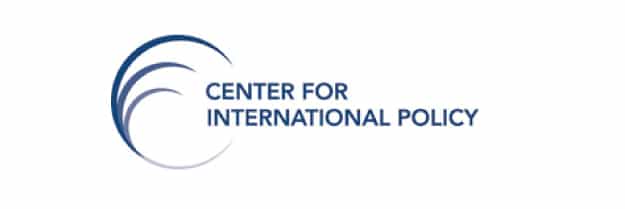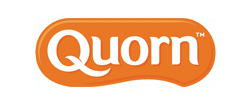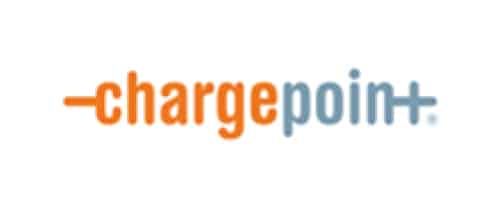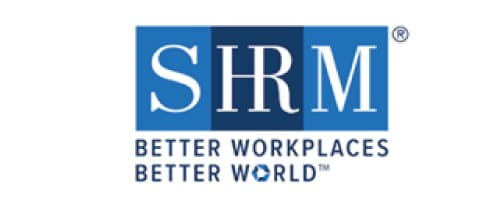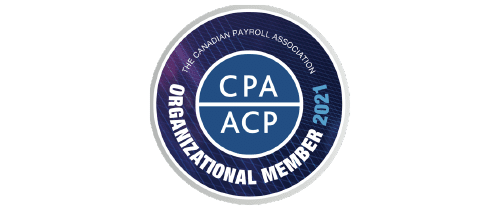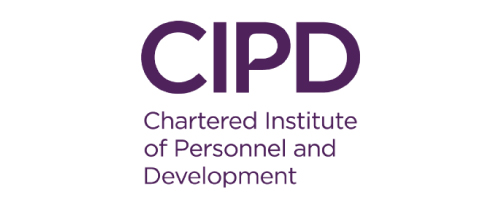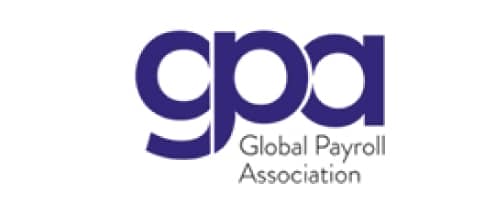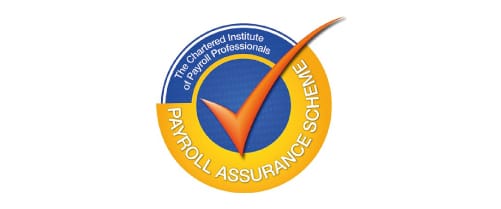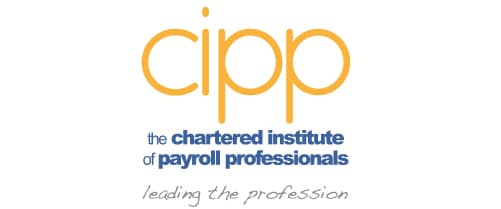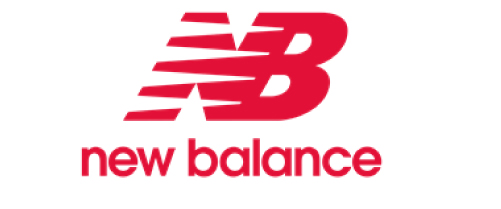
Payroll and HR in Romania
The International HR & Payroll Company
That Speaks Your Language
IRIS FMP will simplify Romanian payroll and HR. As a recognized global payroll and HR expert, we operate 88 in-country team to offer international cover and ensure your overseas employees are paid on time, every time.
Navigating global payroll and HR in Romania is a complex task. As compliance is the top priority for businesses during a global expansion, we can support you with any HR or payroll inquires. With our support, we help you remove the burden of different laws, cultures and regulations. We offer:
Looking for Payroll and HR Services?
Payroll in Romania
Whether pay or benefits, we manage everything for you, helping to remove the complications of payroll. This means we can focus on growing your workforce to ensure they get paid accurately, on-time, every time.
HR in Romania
Companies embrace our HR services to ensure their global employees are taken care of when it comes to legislation and compliance.
Romanian Employment Law Compliance
Get expert help so you can compliantly onboard new talent. As an in-country specialist, we can help with contracts, policies, handbooks and more.
Global Payments Services
Our compliant, global payment services are available for all businesses. Work with to make your cross-border transfers cost-effective.
Jump to section
Location Data
- Name
Romania
- Region
- Europe (Eastern Europe)
- Population
- 19286123
- Calling Code
- 40
- Capital
- Bucharest
- Timezone(s)
- UTC+02:00
- Timezone in Capital
- (europe/bucharest) 10:27 AM
- Currency
- Romanian leu (RON)
- Main Language
- Romanian(Română)
- Other Business Languages
- Romanian
- Tax Year Start
- 1st January
- Tax Year Start
- 31st December
Details correct at time of publication. You should not rely on these details without first seeking professional international advice.
A trusted advisor for global expansion
We support businesses in 135 countries worldwide to reach their expansion goals.
Global Expansion in Romania
Romania has a population of just less than 20 million people, 94% of whom speak Romanian. This means any companies looking to expand to this part of Eastern Europe would do well to learn Romanian – especially because only 17% speak English. The country’s primary exports are electrical machinery and vehicles, being the home of car company Dacia – which is now an offshoot of Renault.
There are 12 international airports in the country, the busiest of which is located 16.5km north of Bucharest city centre; Bucharest Henri Coandă International Airport. Situated just east of the Black Sea, Romania is often thought of as a gateway country, connecting Europe, Asia, and the Middle East.
As well as adapting to cultural norms in Romania, business owners who want to work in the country must become familiarised with the HR and payroll law. This means understanding income tax, corporate tax, and benefits such as maternity leave and sick pay. At IRIS FMP, our team have ample experience navigating international HR and payroll, and are well-equipped to offer guidance during your expansion to Romania.

Employer Must-Dos
In Romania, the following must be submitted by businesses;
- Annual profit tax returns
- Quarterly profit tax returns
- A1 forms for foreign workers
Payroll in Romania
What tax considerations are there?
Personal Income Tax (PIT)
All Romanian residents living in the country are taxed on their worldwide income, apart from in cases where the salary is received from abroad for work carried out abroad; this is exempt. All foreign residents (regardless of whether they live in Romania) are taxed on income that comes from Romania, until such time that they become Romanian tax residents – in which case they are taxed on income from abroad too. Income tax is at a rate of 10%, regardless of salary, and this is paid in monthly instalments by the employer – after being withheld from employee salaries.
In addition to income tax, employees in Romania pay social contributions in the way of a social pension (25%) and a health fund (10%). Together with income tax, this means 45% of salaries are held back. In conjunction with this, employers must make their own contributions for staff; either 4% or 8% towards the pension (depending on the work sector), and 2.25% as a Labour insurance contribution.
Corporate Income Tax (CIT)
All Romanian companies and foreign companies operating in Romania must pay 16% profit tax rate. This applies to all companies apart from night clubs and gambling premises, which must either pay 5% on the revenue obtained, or 16% on taxable profit – whichever is higher.
There are also different corporate tax rates for micro-companies. A micro-company is one that had a maximum revenue of €1 million at the end of the previous year. These are subjected to 1% tax if there are any employees and 3% if there are no employees.
A company’s fiscal year does not need to align with the official financial year in Romania (1st January – 31st December). Annual profit tax returns are due by March 25th if the fiscal and financial years are the same, or the 25th of the third month after a company’s year end.
HR in Romania
What are the regular working hours in Romania?
The normal working week in Romania is 40 hours over a five day period (Monday to Friday), working from 9am until 5pm. Night shifts are usually 10pm to 6am. Law dictates that no employees can work more than 48 hours a week including overtime, unless they are below the age of 18. In this case the maximum is 30 hours a week, and six hours in any one day.
Vacation, maternity and sickness
There are 11 public holidays annually in Romania for which employees are given the day off fully paid. In addition to this, all employees are entitled to at least 20 days holiday a year, as well as supplementary days for personal reasons. These are 5 days for getting married, 2 days for a child getting married, and days in the event of the death of a family member.
Maternity leave in Romania is 126 calendar days. Usually, 63 days can be taken before the birth and 63 days can be taken after. 42 days after the birth of the child are compulsory however the rest does not need to be taken. All 126 days of maternity leave is paid at 85% of the average monthly income from the preceding six months.
In Romania employees are entitled to up to 5 days sick per year, for which they will be paid 75% of their salary. Any sick leave exceeding 5 days will be paid for by the state – for the maximum amount of time of 18 months.
Many companies in Romania have a 13th month scheme, which means employees get paid an extra month’s worth of salary as a bonus at the end of the year. This is not required by law though.
Termination
Unless an employee is in their probation period (up to 30 days for most employees, or up to 90 days for those in managerial positions), employers must give a minimum of 20 days notice for termination. The same applies to employees giving notice, unless they are a manager. In this case employers need to give at least 45 days notice.

Understand international payroll
For more information about international payroll download our guide. In this you’ll find clear and thorough details about a variety of aspects from tax to benefits.
IRIS FMP’s Romanian Payroll and HR Solutions
Company owners considering expanding to Bucharest, Timisoara, Brasov, or to another of Romania’s big business cities, must be compliant with the country’s HR and payroll law. During this already demanding period in your company’s life, worrying about local employment legislation can seem like a daunting task. For help and advice, get in touch with the experts at IRIS FMP. Our services include;
- HR consultation
- Payroll processing
- Multiple-currency payroll
- Online payslips
- Pension payments
- Holiday, sickness, parental leave processes
- Tax reporting
- Translation services
- Payroll audits
- Benefits administration

Let IRIS FMP help you achieve compliance in Romania
Our team at IRIS FMP are able to expertly navigate local employment law in Romania, and can offer all the help and advice needed to ensure you are compliant with all HR and payroll aspects.
